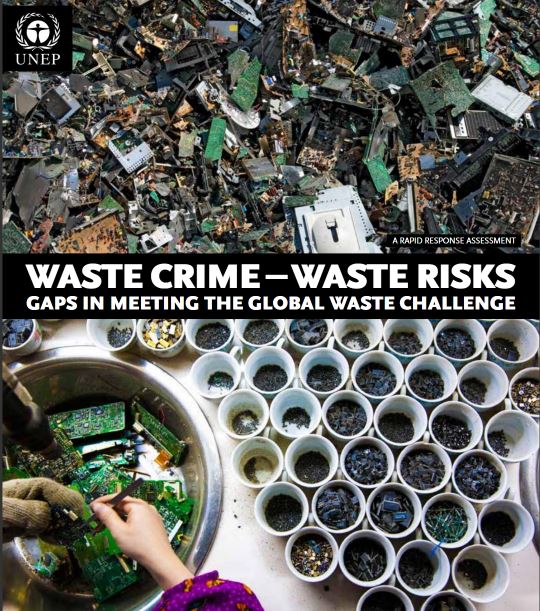I try not to politic much on this blog, and have long rolled my eyes at do-gooders on the left, but my long, long defense of "others" in "mudville" makes this too tempting. Image generated by OpenAI ChatGPT . Nods to Ernest "Phinney" Thayer https://en.wikipedia.org/wiki/Casey_at_the_Bat 1888 Casey at the Bat poem. Make Debates Great Again.
Trumpy at the Bat
The outlook wasn’t brilliant for the Mudville nine that day;
The score stood four to two, with but one inning left to play.
And when Cooney died at first, and Barrows did the same,
A pall-like silence fell upon the patrons of the game.
A straggling few got up to go in deep despair. The rest
Clung to the hope which springs eternal in the human breast;
They thought, "If only Trumpy could but get a whack at that—
We'd put up even money now, with Trumpy at the bat."
But Flynn preceded Trumpy, as did also Jimmy Blake,
And the former was a hoodoo, and the latter was a fake;
So upon that stricken multitude grim melancholy sat,
For there seemed but little chance of Trumpy getting to the bat.
But Flynn let drive a single, to the wonderment of all,
And Blake, the much despised, tore the cover off the ball;
And when the dust had lifted, and men saw what had occurred,
There was Blake safe at second and Flynn a-hugging third.
Then from five thousand throats and more there rose a lusty yell;
It rumbled through the valley, it rattled in the dell;
It knocked upon the mountain and recoiled upon the flat,
For Trumpy, mighty Trumpy, was advancing to the bat.
There was ease in Trumpy’s manner as he stepped into his place;
There was pride in Trumpy’s bearing and a smile on Trumpy’s face.
And when, responding to the cheers, he lightly doffed his hat,
No stranger in the crowd could doubt ’twas Trumpy at the bat.
Ten thousand eyes were on him as he rubbed his hands with dirt;
Five thousand tongues applauded when he wiped them on his shirt.
Then while the writhing pitcher ground the ball into his hip,
Defiance gleamed in Trumpy’s eye, a sneer curled Trumpy’s lip.
And now the leather-covered sphere came hurtling through the air,
And Trumpy stood a-watching it in haughty grandeur there.
Close by the sturdy batsman the ball unheeded sped—
“That ain’t my style,” said Trumpy. “Strike one!” the umpire said.
From the benches, black with people, there went up a muffled roar,
Like the beating of the storm-waves on a stern and distant shore.
“Kill him! Kill the umpire!” shouted someone on the stand;
And it’s likely they’d have killed him had not Trumpy raised his hand.
With a smile of Christian charity great Trumpy’s visage shone;
He stilled the rising tumult; he bade the game go on;
He signaled to the pitcher, and once more the spheroid flew;
But Trumpy still ignored it, and the umpire said, “Strike two!”
“Fraud!” cried the maddened thousands, and the echo answered “Fraud!”
But one scornful look from Trumpy and the audience was awed.
They saw his face grow stern and cold, they saw his muscles strain,
And they knew that Trumpy wouldn’t let that ball go by again.
The sneer is gone from Trumpy’s lip, his teeth are clenched in hate;
He pounds with cruel violence his bat upon the plate.
And now the pitcher holds the ball, and now he lets it go,
And now the air is shattered by the force of Trumpy’s blow.
Oh, somewhere in this favored land the sun is shining bright;
The band is playing somewhere, and somewhere hearts are light,
And somewhere men are laughing, and somewhere children shout;
But there is no joy in Mudville—mighty Trumpy has struck out.




























